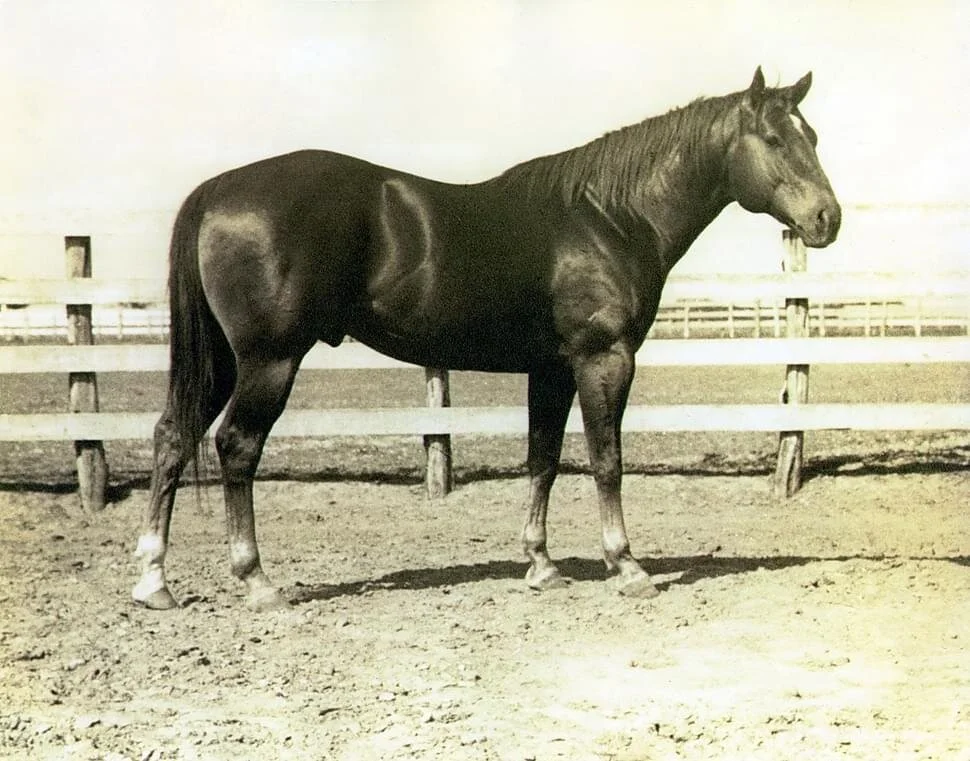By Thomas Wright[i]
The Mexican drug cartels have violently ravished the Mexican landscape in pursuit of the massive payout that comes with their drug agenda. With the influx of cash that comes from the drug business, where does it all go to be cleaned for use? Los Zetas Cartel decided to place their investment in the quarter horse racing industry through an agent in Dallas, Texas.[ii] Money laundering in horse racing allows the cartel to clean its money through the purchasing of these horses, where the money is no longer drug money per se. Miguel and Omar Trevino, of Los Zetas Cartel, used the proceeds of their cocaine sales to purchase quarter horses in the United States and would then sell the horses to generate “clean money.” [iii]
However, the money-laundering scheme was not as smooth as Los Zetas Cartel had hoped. Los Zetas had issues with the cooperation of some of their connections in the United States, which resulted in murder, kidnapping, extortion, and revealed them to be fixing quarter horse racing.[iv] Consequently, the Trevino brothers’ youngest sibling, Jose Trevino, was convicted of money laundering in the United States along with other associates in the endeavor.[v] However, the other Trevino Brothers and a horse trainer in the scheme escaped unscathed.[vi] The Trevino brothers were not prosecuted and the horse trainer avoided conviction due to insufficient evidence to show he joined the money laundering conspiracy.[vii]7
Los Zetas are made up of former soldiers with specialized training who are notorious for their gruesome acts of violence to maintain their presence in the cartel landscape.[viii] The ability to launder money has inevitably allowed Los Zetas to continue to strike fear and terrorize innocent Mexican citizens while profiting off that fear. As much of the profit of the drug organization and money laundering occurs in the United States, how do we combat Los Zetas efforts? One suggestion has been to prosecute more heavily the banks and other financial institutions that involve themselves with drug cartels.[ix] In 2010 Wachovia, now Wells Fargo, negotiated a deal with the United States government to pay fines of $160 million because the financial institution had laundered around $378.4 billion over a few years.[x]10 Additionally, no banker was prosecuted for their involvement in the drug trade.[xi]11 This is just one example of how banks take cartel money and provide pathways for laundering money in the United States through activities like horse racing. Often those most heavily involved in the money laundering schemes are behind the scenes actors such as lawyers, bankers, or accountants.[xii]
The U.S. government is quick to arrest citizens who are dealing or using drugs. However, when it comes to the bigger players who clean money or are involved in the money laundering scheme the government appears to be much less effective.[xiii] In an effort to combat the drug trade, law enforcement should follow the money, observe where it changes hands, and prosecute more heavily all involved in the scheme. The Trevino’s quarter horse sales[xiv] are just one example of how cartels flourish and will continue to flourish unless the United States takes action to combat these practices. By prosecuting the bankers and other professionals behind the scenes, the United States can start chipping away at the sources that provide the cartels a path to success.
[i] Staff Editor, Kentucky Journal of Equine Agriculture, & Natural Resource Law, Volume 11; J.D. Candidate, The University of Kentucky College of Law (2020); B.A., University of Kentucky (2017).
[ii] Ioan Grillo, A True Tale of Drug Cartels, Money Laundering and Horse Racing, N.Y. Times (Sept. 22, 2017), https://www.nytimes.com/2017/09/22/books/review/bones-joe-tone-trevino-brothers.html.
[iii] United States v. Cessa, 785 F.3d 165, 171 (5th Cir. 2015).
[iv] Id. at 172.
[v] Id. at 180.
[vi] Id.
[vii] Id.
[viii] Zetas, InsSight Crime (Apr. 6, 2018), https://www.insightcrime.org/mexico-organized-crime-news/zetas-profile/.
[ix] Dylan Murphy, Money Laundering and The Drug Trade: The Role of Banks, Global Research, (Oct. 20, 2013), https://www.globalresearch.ca/money-laundering-and-the-drug-trade-the-role-of-the-banks/5334205.
[x] Id.
[xi] Id.
[xii] Id.
[xiii] Murphy, supra note 9.
[xiv] Cessa, 785 F.3d at 170.


